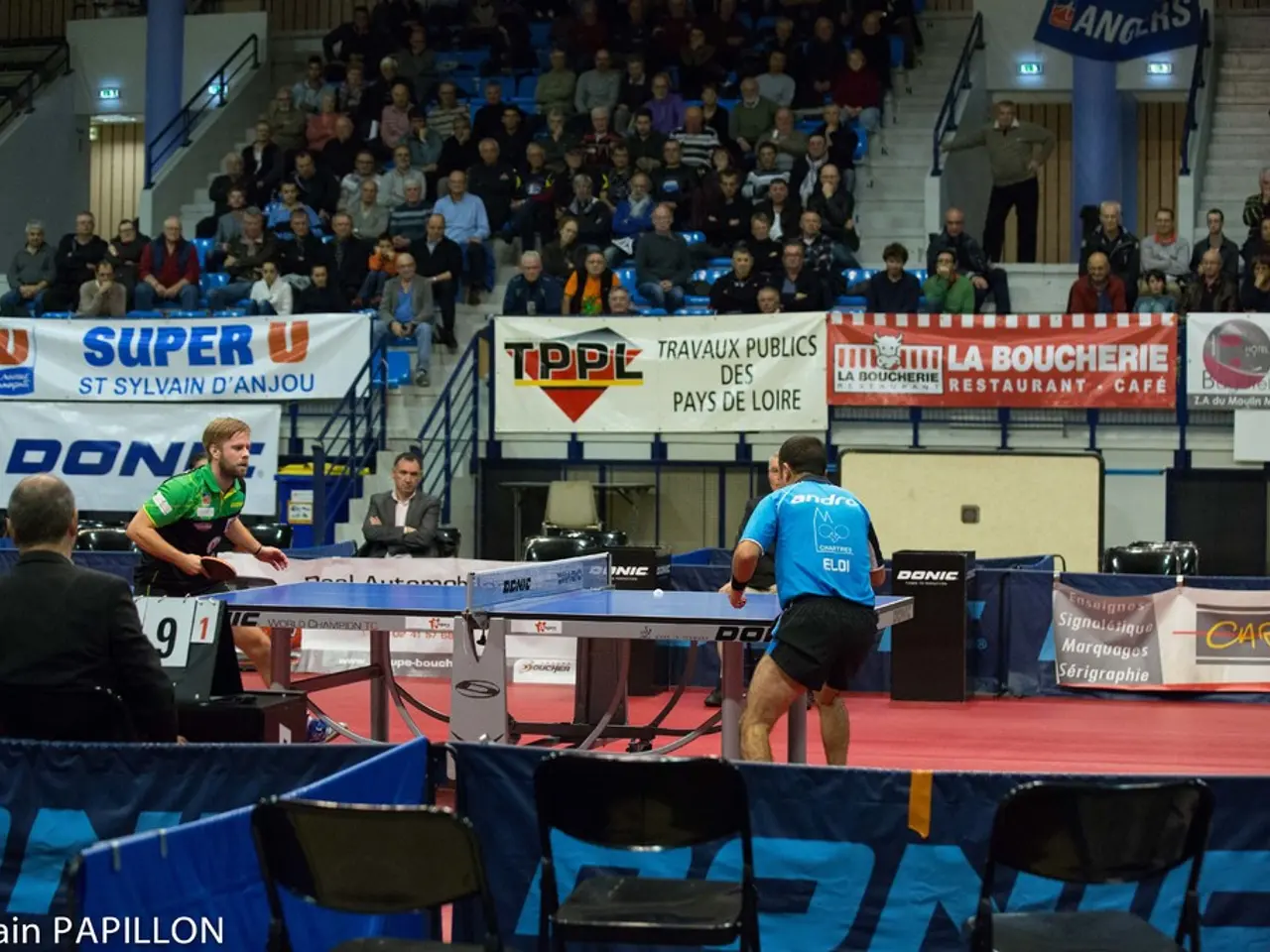Common Errors Committed by Novice Sports Betters
Navigating the World of Sports Betting: A Guide for Novice Bettors
Sports betting can be an exciting venture, but for novice bettors, it can also be a perilous one. To increase your chances of success, it's essential to approach betting with a strategic mindset and a commitment to research and analysis.
One common mistake novice bettors make is betting without proper research. Instead of relying on emotions or personal biases, it's crucial to delve into objective data. This includes analyzing team performance, injuries, historical results, and expert analysis.
Another pitfall is betting too much too soon. New bettors often wager large amounts, thinking their sports knowledge guarantees success. However, starting with small bets (1-5% of your bankroll) helps preserve funds and allows you to learn from your experiences safely.
Avoid chasing losses or following "hot streaks." Outcomes remain probabilistic, and emotional betting usually leads to losses. Instead, manage your bankroll carefully. Set a strict budget and stick to it; never risk more than you can afford to lose. Use sportsbook tools to set limits and spread risk across multiple bets rather than concentrating on a few.
To succeed in sports betting, novice bettors must learn to trust their own research, analysis, and instincts. This means dedicating time to research and analysis, which includes studying historical data, keeping up with current news, and understanding betting strategies. Strategies like arbitrage betting (exploiting differing odds across bookmakers to guarantee profit), positive expected value (EV) betting, or middle betting can provide an edge.
Be flexible with timing. Betting only at convenient times limits opportunities and neglects market fluctuations. Being able to act when value bets arise enhances your chances of profit.
Keep disciplined records and continuously analyze them. Track all bets, learn from wins and losses, and adjust tactics accordingly. Staying updated on relevant news and statistical models adds an edge.
Understand probability and control emotions. Accept no bet is certain; focus on risk management, avoid overconfidence, and biases like confirmation bias or emotional attachments to teams.
In summary, by combining disciplined bankroll and risk management, informed research, strategic betting tactics, and emotional control, novice bettors can avoid common pitfalls like overbetting, impulsive wagering, and poor timing. Relying solely on popular opinion can result in missed opportunities or losses. Effective sports betting requires a deep understanding of the sport, teams, and variables that can impact a game's outcome. By practicing rational decision-making, proper budgeting, thorough research, and independent thinking, novice bettors can maximize their potential profits in the competitive world of sports betting.
Engaging in sports betting can provide thrilling experiences for novice bettors, but it's important to note that this activity demands strategic thinking and thorough research. Instead of relying solely on popular opinion or personal biases, investigating objective data, such as team performance, injuries, historical results, and expert analysis, is crucial for success in sports-betting. Furthermore, controlling betting habits by starting with small wagers, avoiding chasing losses, and using sportsbook tools to manage bankroll and spread risk will enhance a novice bettor's experience in the sports-betting world.







